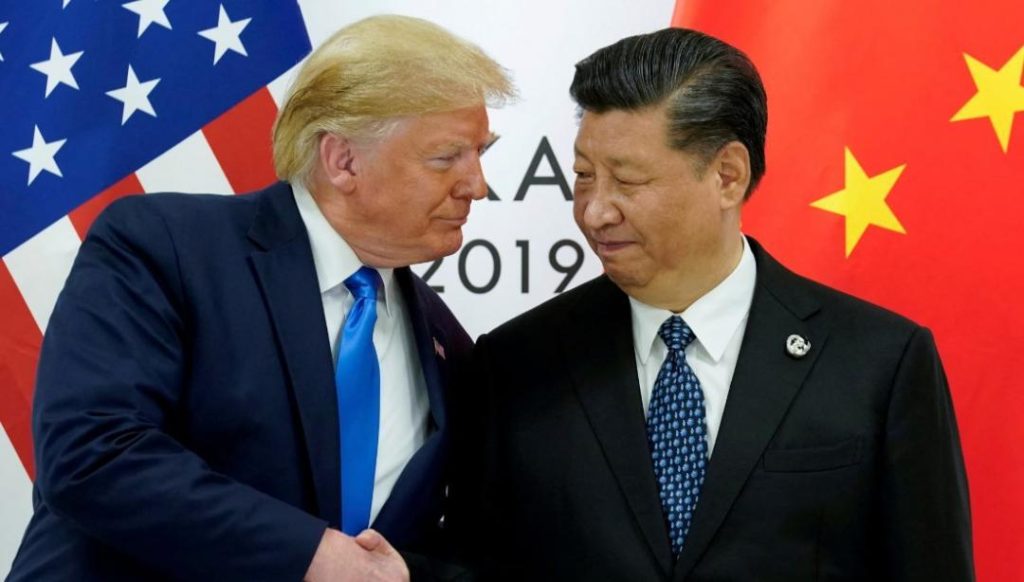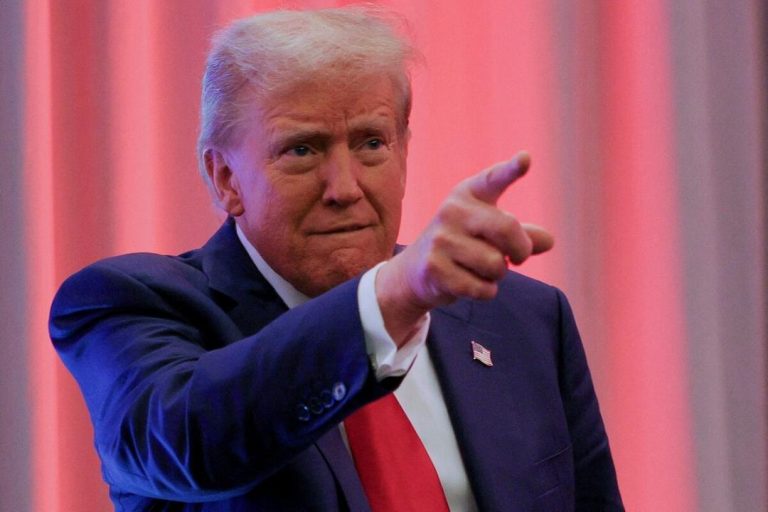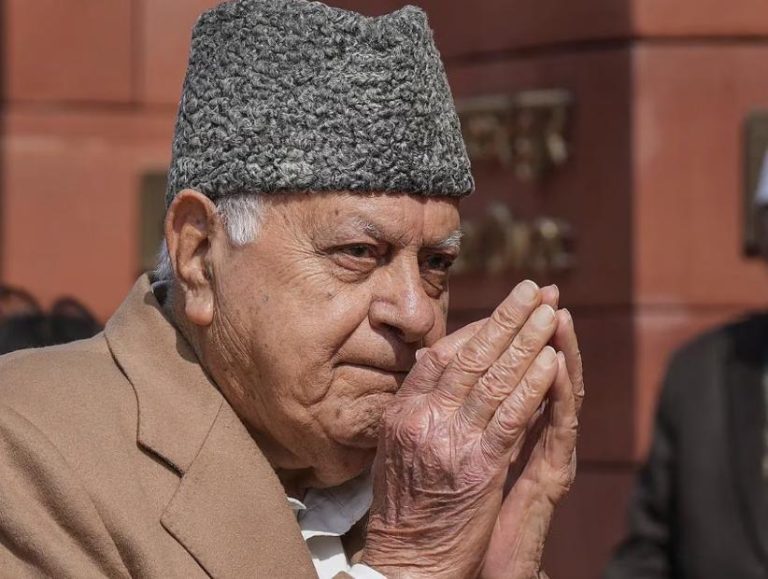
Trump Refuses to Answer Whether US Would Protect Taiwan from China
In a recent statement, US President Donald Trump declined to answer whether the US would allow China to take control of Taiwan by force. Trump’s response came in the wake of increasing tensions between the US and China over Taiwan, with the US not formally recognizing Taiwan as an independent country.
When asked about the issue, Trump simply said, “I never comment on that…I [never want to]…put myself in that position.” This response has sparked concerns among many in Taiwan and the international community, who are worried about the implications of the US not committing to defending the island nation against a potential Chinese attack.
It’s worth noting that the US has a long-standing policy of not recognizing Taiwan as an independent country, but instead regards it as a part of China. However, the US has also been providing military aid to Taiwan and has increased its presence in the region, which has led to concerns among China’s leaders.
In recent years, the situation has become increasingly tense, with China increasing its military presence in the South China Sea and Taiwan holding its own military exercises. The US has been accused of being involved in these exercises, which has led to accusations of interference in China’s internal affairs.
Despite the tensions, Trump’s administration has been providing military aid to Taiwan, with last year’s defence assistance package being the largest in decades. The $571 million package was announced by then-President Joe Biden’s administration, and included funding for military equipment, training, and other military-related activities.
In light of this, Trump’s refusal to answer whether the US would protect Taiwan from China has sparked concerns among many in the region. Taiwan’s President, Tsai Ing-wen, has been vocal about the need for the US to provide military aid to her country, and has called on the US to support Taiwan’s efforts to defend itself.
Meanwhile, China has been increasing its military presence in the region, with the Chinese military conducting large-scale exercises in the South China Sea. The exercises have been seen as a demonstration of China’s military power and a warning to the US and other countries in the region not to interfere in its internal affairs.
The situation in the South China Sea is highly complex, with several countries having competing claims to the region. However, the US has been accused of being involved in the dispute, with some accusing it of trying to block China’s access to the region.
Despite the tensions, Trump’s refusal to answer whether the US would protect Taiwan from China has sparked concerns among many in the region. Taiwan’s President, Tsai Ing-wen, has been vocal about the need for the US to provide military aid to her country, and has called on the US to support Taiwan’s efforts to defend itself.
In conclusion, Trump’s refusal to answer whether the US would protect Taiwan from China has sparked concerns among many in the region. The situation in the South China Sea is highly complex, with several countries having competing claims to the region. However, the US has been accused of being involved in the dispute, with some accusing it of trying to block China’s access to the region.
As tensions continue to rise, it is essential that the US and China find a way to resolve their differences peacefully. The situation in the South China Sea is highly complex, and requires careful diplomacy and negotiation to resolve. However, the US and China must also find a way to address their differences over Taiwan, and ensure that the island nation is protected from any potential attack.
Sources:
https://www.globaltimes.cn/page/202502/1329169.shtml






